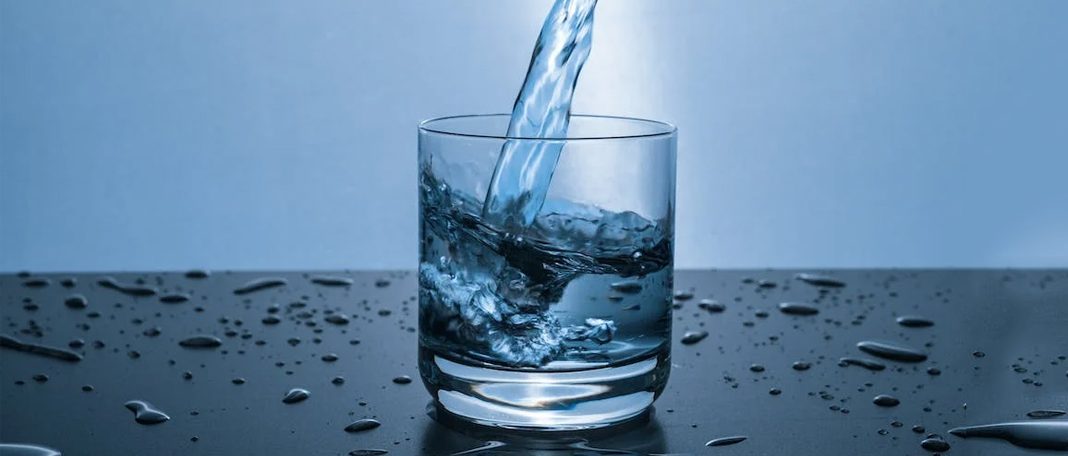Distilled water is the purest state of water eliminating microorganisms and minerals. Is distilled water safe for human consumption? Of course, YES! It is safe to drink but it does not contain minerals like tap water. The process involved in removing impurities is distillation. It removes most minerals and dissolved substances from water, including beneficial ones like calcium and magnesium. These minerals are essential in maintaining electrolyte balance and contributing to overall health.
What is Distillation?
Distillation is one of the safest and simplest water purification processes. This method removes impurities, such as minerals, salts, and other contaminants, leaving behind pure water. Distilled water is essentially free from any dissolved solids or impurities that may be present in tap water or other sources of water.
Due to its purity, distilled water is commonly used in various applications where the presence of minerals or impurities can be detrimental. Some common uses of distilled water include laboratory experiments, medical procedures, steam irons, humidifiers, and automotive cooling systems, among others. It is also often used in the preparation of certain medications and in industries that require high-purity water for manufacturing processes.
However, while distilled water is pure and free from impurities, it does not contain essential minerals that are beneficial for human health. Drinking distilled water as the primary source of hydration over a long period may result in mineral deficiencies.
What Are the Steps Involved in the Distillation Process?
It is important to note that the distillation process is simple and straightforward. The steps involved are:
- Evaporation
- Condensation
- Collection
Evaporation
It is an easy process to implement. Heat is applied after introducing the contaminated water or distilled water to a container or distillation flask. This container is allowed to heat exceeding a temperature of the boiling point of water which is 212℉ (100℃). Once it reaches the required amount it then evaporates leaving behind the impurities and microparticles.
Condensation
The steam travels towards the tube when the boiling point of water gets rises, at this point the temperature is reduced and the steam gets time to cool. This results in condensation. Then it steams down to form small droplets of water which are free from impurities and contaminants. Usually, the condescending equipment is made from stainless steel.
Collection
The final process involves the collection of small droplets of water. In many commercial water distillation systems, carbon post-filters are equipped additionally to remove any other impurities after the distillation process. This is to ensure maximum purity is reached.
Is Distillation a Physical Process or a Chemical Process?
Distillation is a physical process and there is nothing to do with chemicals. Because it involves only phase change and does not involve any chemicals. It converts liquid to gas and then gas to liquid.
Is Boiled water the same as Distilled water?
No, boiled water is not the same as distilled water. While both processes involve heating water, they serve different purposes and produce different results.
Boiling water is a simple process that involves heating water to its boiling point, which is 100 degrees Celsius (212 degrees Fahrenheit) at sea level. The primary purpose of boiling water is to kill or inactivate bacteria, viruses, and other microorganisms that may be present in the water. Boiling water for a few minutes can effectively eliminate many harmful pathogens, making it safe to drink in most cases. However, boiling does not remove impurities or minerals present in the water. In fact, it can concentrate certain minerals if the water evaporates during boiling.
On the other hand, distilled water is produced through a more complex process called distillation. Distillation involves boiling water and then collecting and condensing the steam, which is then cooled and converted back into liquid form. This process effectively removes impurities, minerals, chemicals, and other contaminants from the water. Distilled water is considered pure H2O because it leaves behind most dissolved solids and impurities, resulting in a very high level of purity.
Distilled water is commonly used in scientific laboratories, medical facilities, and certain industrial processes that require high-purity water. It is also used in household appliances such as steam irons and humidifiers to prevent mineral deposits. However, drinking distilled water as the sole source of hydration over an extended period is generally not recommended because it lacks essential minerals that our bodies need for optimal functioning.
In summary, while both boiled water and distilled water involve heating, boiling water is primarily used to kill microorganisms, while distillation is a process that removes impurities and minerals, resulting in a highly purified water product.
Is it OK to Drink Distilled water?
Drinking distilled water in moderation is generally considered safe. However, it is not recommended as the sole source of hydration over an extended period because it lacks essential minerals that our bodies need.
Distilled water has undergone a process that removes impurities, including minerals, which are important for various bodily functions. Therefore, it is advisable to obtain most of your daily water intake from sources that contain minerals naturally, such as tap water or filtered water.















